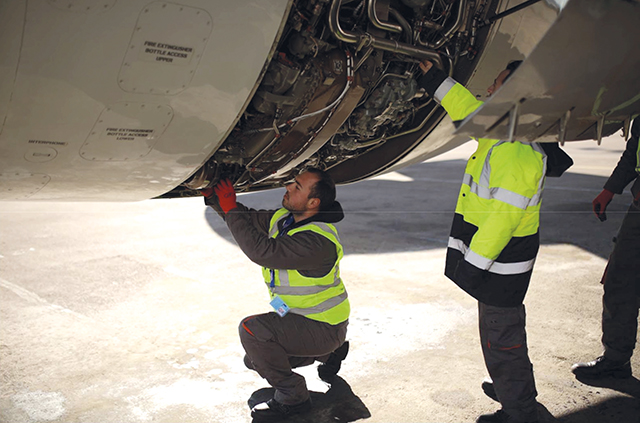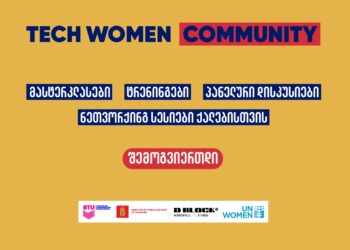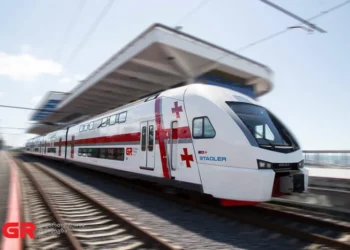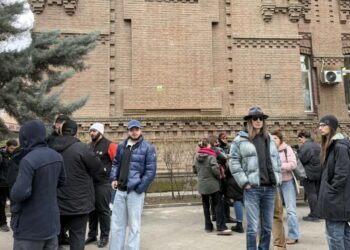Georgia’s educational scene has been at the center of innovative development initiatives and new opportunities. New STEM programs, exchange opportunities in Western Europe, and internships with some of the country’s leading companies are becoming more accessible. One unique pathway available to aspiring youth takes them, literally and figuratively, to a higher level.
Aviation has rapidly come back as a leading career path. As tourism rises, travel opportunities return, and Georgia being a central transportation hub, the need for more qualified pilots has only increased. To meet this demand, many Georgians have taken to the sky and set to learning and mastering the art of flying.
The Georgian Aviation University has been instrumental in educating and qualifying these new aspiring pilots. Based in Tbilisi, they offer both Georgian and English language programs for engineers and administrative personnel, in addition to the prospective aviators. GEORGIA TODAY sat down with their team to explore their opportunities, history, and plans for the future.

How long has the aviation training program been active?
The Georgian Aviation University opened in 1992. At the time, the educational and scientific institute was founded as a part of the Georgian Technical University, on the request of the Georgian Civil Aviation Authority. Then, in 2005, based on a Government decree, the institute was separated from the Technical University and was established as a new independent Georgian Aviation University.
Since then, the university has been running faculties of Flight Training, Engineering and Business Administration on the vocational, bachelor, master and doctoral levels. The university also has an international aviation training center which provides training, retraining and certification of aviation specialists.
Do your graduates come from Georgia, or from around the globe?
Most of our graduates are from Georgia, but as we also have English-language programs, foreign students from more than thirty countries of the world are actively enrolled in these programs and this number is increasing every year.
Are they mostly looking for commercial aviation jobs, or more for military or private passenger work?
Our students/graduates are mostly looking for commercial aviation jobs. This may be due to the fact that this area is developing rapidly in our country and the number of jobs is increasing by the day. We also have a private pilot course, which interests a lot of students, especially those who didn’t realize their dream of flying and now have the opportunity to get a non-commercial license in a short period of time.
In recent years, have you seen an increase or decrease in enrollment? Why?
In recent years, the number of applicants has increased, and the interest of both Georgian students and foreigners is growing. This is due to the development of the aviation field and the increase in the number of new programs based on the requirements of the industry.
How have the changes in post-pandemic travel affected your industry?
The COVID-19 pandemic has had quite a big impact on the aviation industry both worldwide and in Georgia. However, we managed to switch quickly to an online format, and in this direction it didn’t have a negative impact on the current students’ education quality or the number of new applicants.
Furthermore, as paradoxical as it may sound, employment of our graduates improved significantly during the pandemic. This is because many new cargo carriers in Georgia’s aviation market created new jobs. Government support programs have also been significant, as has the teamwork of the aviation industry to bring the sector out of the crisis.
What does the future hold for your university?
The university actively continues to improve the existing programs and facilities, add new programs and teaching methods, and strengthen cooperation with international and local partners. We also work to multiply our exchange programs and popularize the field among young people.
We feel a responsibility in the direction of the development of the aviation industry in the country as we are the only higher educational institution that trains aviation specialists in three areas. Additionally, as a part of the international aviation training center, we offer training, retraining and confirmation of qualifications which is necessary for companies’ correct and uninterrupted functioning.
Interview by Michael Godwin














